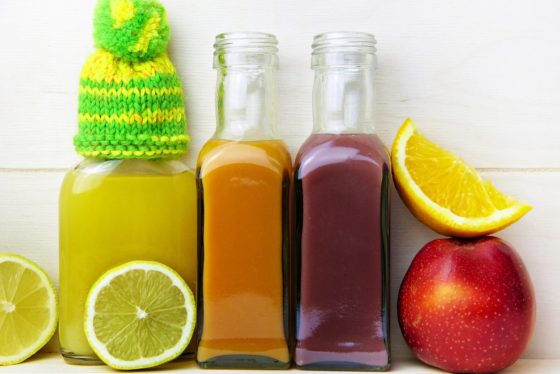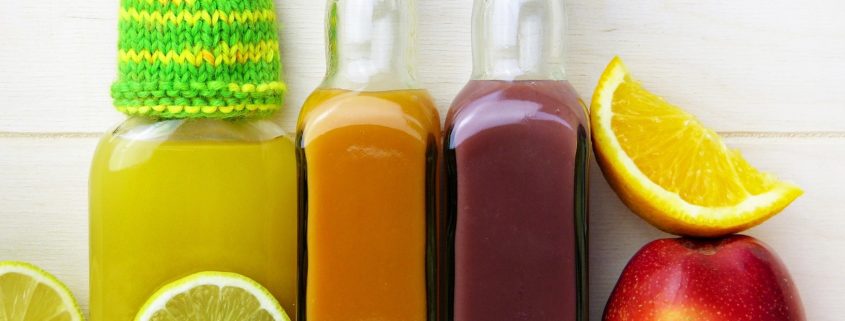Multivitamins During Pregnancy and Autism Rates

In fact, an international medical research team based in Sweden recently found that multivitamins during pregnancy may be linked to lower autism rates. The 273,107 women who participated in the study reported their daily doses of multivitamins. Preliminary findings point toward a correlation between lower instances of autism and higher dosages of multivitamins. (Be careful, though, as higher dosages of some nutrients, including folate and B12, may actually increase your child’s risk of autism. Confusing, right?)
Let’s explore the essential nutrients that should be a part of your healthy lifestyle as a mom-to-be, how much of each you need to take, and how to find the best prenatal vitamin for you.
Contents
What nutrients do I need during pregnancy?
Prenatal vitamins usually include the spectrum of B vitamins, as well as Vitamins C and E, and some key minerals like magnesium and copper. In addition to these nutritional building blocks, the March of Dimes recommends six other nutrients that should be part of your supplements and/or pregnancy diet to reduce the risk of autism and other health issues in your baby.
Calcium
Your prenatal vitamin should contain the 1,000 mg of calcium that you need each day as a pregnant woman. From baby’s bones and teeth to muscles and nerves, calcium is an amazing mineral that works wonders on the health of your unborn child. A simple snack of cheese and crackers can infuse you with some bone-building calcium, or you can eat your greens like broccoli and kale and soak up a ton of other vitamins.
Just be careful to avoid some calcium-rich foods that may be dangerous during pregnancy, including soft cheeses like feta and brie as well as unpasteurized milk, which carry a risk of listeria.
Vitamin D
If you live in a rainy region like Seattle, then your Vitamin D may be in short supply. Fortunately, basking in the sun isn’t the only way to get your recommended dose of this immune system-boosting vitamin. Your prenatal supplement ought to contain the 600 IU (International Units) of Vitamin D that you need daily. This crucial vitamin works in collaboration with calcium, aiding in proper absorption of the mineral.
Egg yolks (but not raw eggs!), shiitake mushrooms, and tofu are a few natural food sources of Vitamin D, so break out the skillet and stir up a nourishing omelet!
See also: Is a Vegan Diet Safe During Pregnancy?
Iron
Now that you’re pregnant, your body requires twice as much iron as it did before, a full 30 mg at minimum. Iron keeps your energy levels stable while carrying life-giving oxygen to your baby.
A dinner of chicken cutlets with an assortment of nuts and dried fruit for dessert is an excellent way to add to the suggested iron amounts that are likely already present in your prenatal vitamin. Just be sure to cook chicken all the way through and to carefully handle raw chicken in the kitchen to reduce the risk of salmonella.
Fish Oil
Commonly dubbed “fish oil,” this nutrient’s formal name is docosahexaenoic acid, or DHA for short. Perhaps your grandmother coaxed you into swallowing a spoonful of fish oil when you were a child, praising the distasteful concoction for its benefits to your brain and eyes. Well, Grandma was right! DHA, the Omega-3 good fats that we hear so much about, also help to develop your baby’s brain and eyes as well as contribute to overall growth.
Found in low-mercury content fish, like salmon, trout, and halibut, DHA is not always included in prenatal vitamins. But that’s OK because studies have shown that DHA from food may be more effective than supplements. As the Mayo Clinic notes:
“Remember, prenatal vitamins are a complement to a healthy diet — not a substitute for good nutrition. Prenatal vitamins won’t necessarily meet 100% of your vitamin and mineral needs.”
So, you may need to whip up a tasty dinner of grilled salmon steak with sweet potatoes and baby carrots. Sure beats Grandma’s spoonful of fish oil!
Iodine
Despite a negative reputation, salt is not necessarily the enemy, especially iodized salt that offers the vital nutrient of iodine. Assisting your thyroid in producing hormones, iodine also helps your baby’s nervous system develop, facilitating the formation of a healthy brain and spinal cord.
Like fish oil, iodine is often excluded from prenatal vitamins, so you may need to seek out this nutrient from a food source. Dairy such as milk, cheese, and yogurt are a reliable source of iodine. Or you may wish to sprinkle some iodized salt onto that grilled salmon for a double dose of prenatal nutrition!
Folic Acid
Queen of the prenatal vitamins, folic acid stimulates your red blood cell production, decreasing your chances of becoming anemic and providing a wealth of potential health benefits for your baby. Before pregnancy, you may have been taking a supplement with 400 mcg of folic acid, but now that you’re pregnant, it’s a good idea to increase that dosage to 600 mcg. The right amount of folic acid can protect against a host of issues like neural tube defects, cleft palate, and heart disorders.
Comfort foods like your favorite fortified cereal swimming in pasteurized milk is an excellent way to get a little extra folic acid into your diet, but there’s no need to overdo it. Too much folic acid has been associated with various health issues in the unborn baby, so it’s important to discuss your individual needs with your doctor.
See also: Birth Injury vs. Birth Defect: Why It Matters
Choosing the Right Prenatal Vitamin
In a nutshell: A trusted multivitamin and these six nutritional supplements may correspond to lower rates of autism and higher rates of overall health for mother and child. Consult with your physician to choose the supplements and diet that are best for your body’s specific needs.
Once you’ve chosen a prenatal supplement, following label instructions is a must, and moms-to-be should not take more than the recommended dose because higher doses of certain vitamins may be detrimental to your baby’s health. So, keep track of when you take your prenatal vitamin each day and make sure you don’t double up. Taking the vitamin as part of your morning ritual with decaf coffee, tea, or lemon water will keep you consistent. Integrating healthy, home-cooked recipes into your daily pregnancy life will work in tandem with the benefits of your prenatal vitamin.
While there’s no magic formula for good health during pregnancy, safe multivitamins and nutrient-rich foods should definitely be a part of the mix!
You may also be interested in:








Leave a Reply
Want to join the discussion?Feel free to contribute!